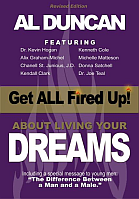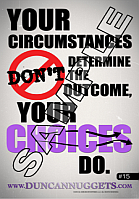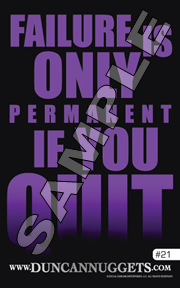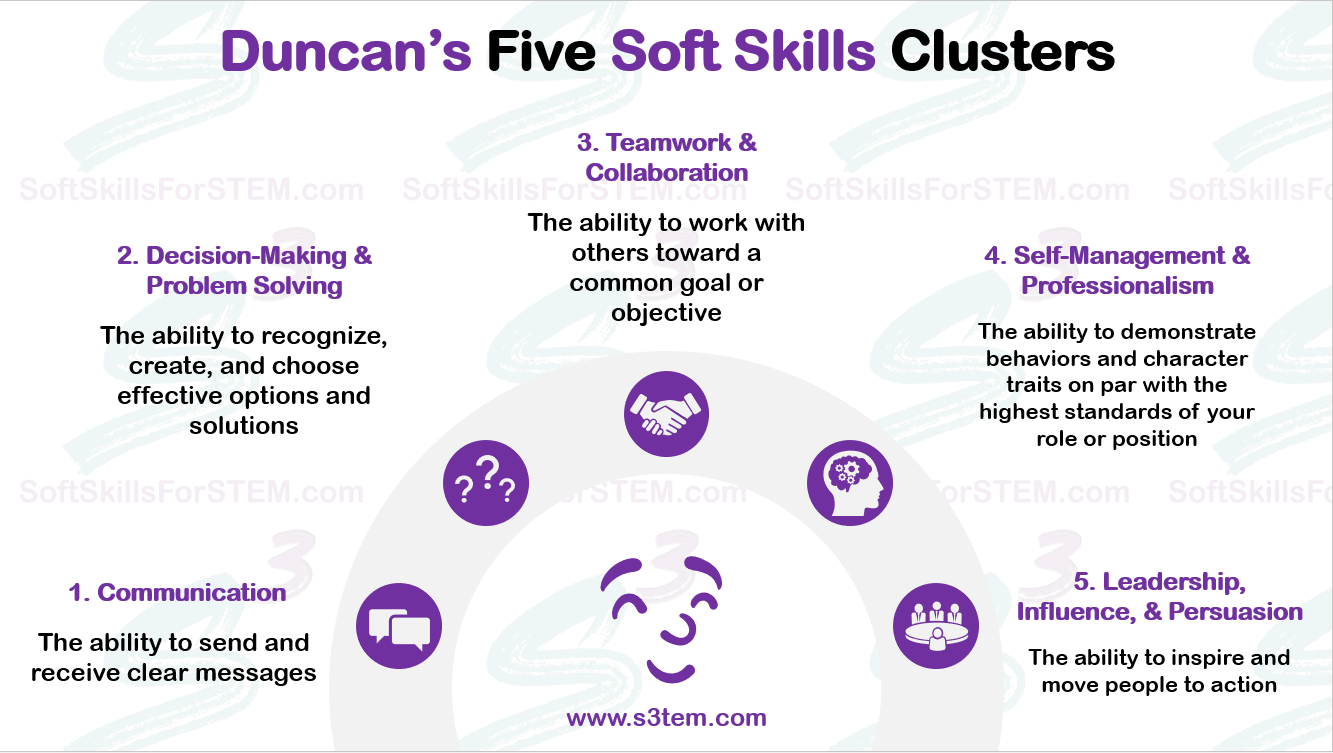[VIDEO] Duncan Nugget #355: Think. Slowly.
Pop quiz.
A bat and ball costs a dollar and ten cents together. If the bat costs one dollar more than the ball, how much does the ball cost?
Got it?
The ball costs ten cents, right? Wrong.
When Daniel Kahneman—the Nobel Prize winning psychologist—gave that problem to students at Harvard, M.I.T., and Princeton, more than half got it wrong! They were thinking too fast. (The ball is 5 cents and the bat is a dollar and five cents.)
Because life is so busy, we develop cognitive biases and mental shortcuts. We skip steps to save time and brain power. But mental shortcuts like assumptions, stereotypes, and snap judgments can cause us to make bad decisions, ignore good advice, and ruin opportunities.
Be careful. Slooow down. Think. Slowly. Like the problem with the bat and ball, you probably know the right answer.
Million-Dollar Question:
Are you thinking too fast?
DISCUSSION QUESTIONS
1. What are 3 scenarios where thinking too fast could cause you some serious problems? What are 3-5 steps you can take to make better decisions in those types of scenarios?
2. Thinking fast is not always bad. What are 3 scenarios where mental shortcuts can help you out?
3. Think of a famous incident—any incident at all—where someone was thinking too fast. What happened? Why do you think mental shortcuts caused a problem? How could have thinking slow helped out?
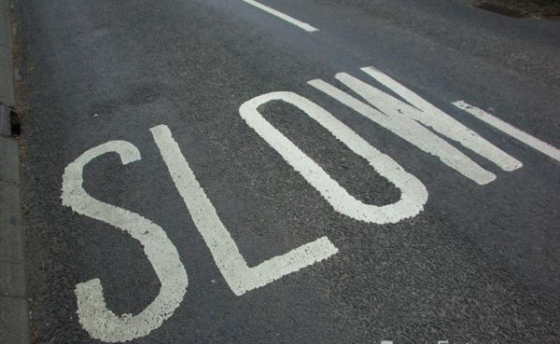
- Categories: — Critical ThinkingDecision Making/Problem SolvingDuncan NuggetsProfessionalTeenVideosYoung Adult

